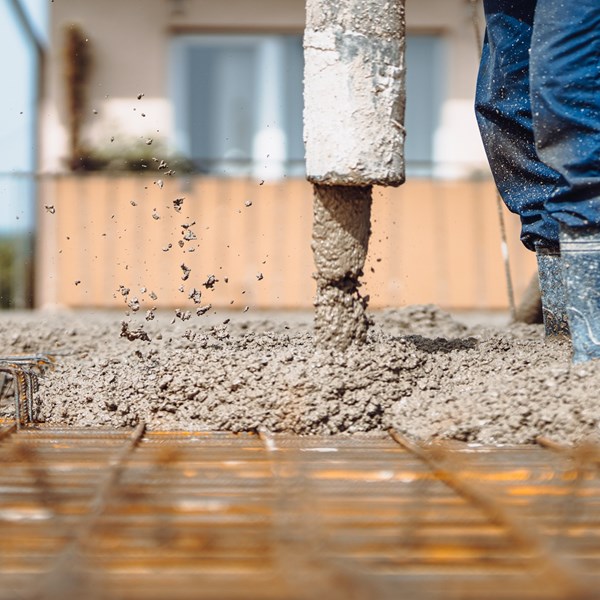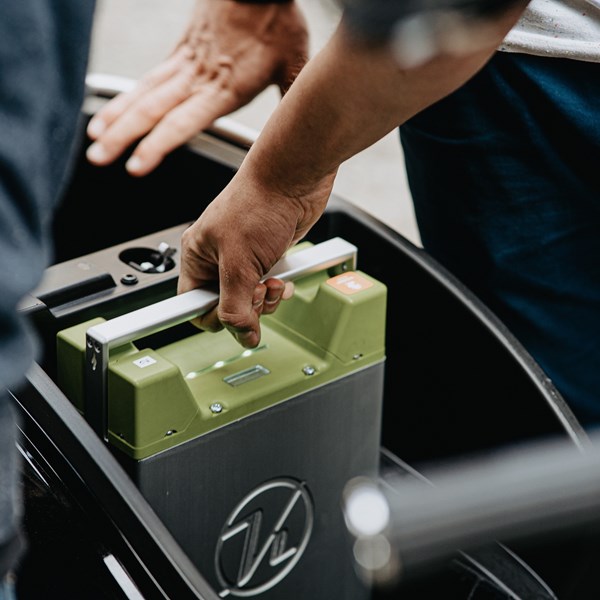In what has been an extremely busy month so far in the UPC, various divisions have handed down full decisions on the merits in some of the first revocation and infringement actions to be filed before the Court back in June and July 2023.
In summary:
- The Düsseldorf Local Division has ruled that patent number EP 3 375 337 (for a “Bathtub Sanitation Device”) owned by Franz Kaldewei was valid (on the basis of an auxiliary request) and had been infringed by Bette GmbH & Co. A permanent injunction was granted against Bette in respect of seven UPC member states, representing the first permanent injunction to be ordered by the UPC. (ACT_459767/2023 CFI_7/2023, decision).
- The Paris Local Division handed down its decision in respect of an infringement action launched by patentee, Dexcom, and a counterclaim for revocation brought by alleged infringer, Abbott. The patent (EP 3 435 866, concerning an analyte monitoring system) was found to be invalid, such that infringement did not need to be assessed by the Court. This forms part of a global dispute between the parties concerning technology to remotely monitor glucose levels. (ACT_546446/2023 CFI_230/2023, decision).
- The Munich Central Division has declared Amgen’s patent, EP 3 666 797, invalid in its entirety for lack of inventive step. This outcome (which forms part of the wider dispute concerning cholesterol-lowering drugs Praluent and Repatha) relates to two parallel UPC actions:
- Sanofi-Aventis v Amgen (ACT_459505/2023 CFI 1/2023, decision) – this was the first revocation claim to be filed in the UPC on 1 June 2023, by Sanofi, and just moments before Amgen issued a parallel infringement action in the Munich Local Division against Sanofi and Regeneron.
- Regeneron v Amgen(CC_586764/2023 CFI 14/2023, decision) – a separate counterclaim for revocation was filed by Regeneron in Amgen's infringement claim (mentioned above), which was transferred from the Munich Local Division to Munich Central Division.
There are a few, initial observations to take away from these recent decisions:
- In line with its stated goal, the UPC has demonstrated its ability to deliver final decisions following the oral hearing within a year of proceedings being commenced. Achieving certainty within this timeframe will be an attractive for prospective claimants who may well be used to waiting years from commencing proceedings to receive a substantive decision in some national courts in Europe.
- The UPC is developing its own test for assessing inventive step, drawing on national (notably, German) jurisprudence and the EPO’s problem-solution approach.
- The Court of Appeal’s decision in NanoString v 10x Genomics (see previous commentary on this decision here) appears to have set the standard across the UPC for approaching claim construction.
- In contrast to UK court proceedings where liability and quantum are determined sequentially, the UPC has showcased its ability to determine suitable remedies flowing from infringement (providing detailed reasoning in support of such orders) at the same time as deciding the case on its merits.
We expect more judgments to be published over the coming weeks, undoubtedly with more themes and points of interest arising from these. It will also be interesting to see whether these first instance decisions are appealed, leading to the first wave of substantive Court of Appeal decisions. Nevertheless, the abovementioned cases shine a light on the UPC’s profile as a dedicated forum for handling high stakes patent litigation in Europe.






